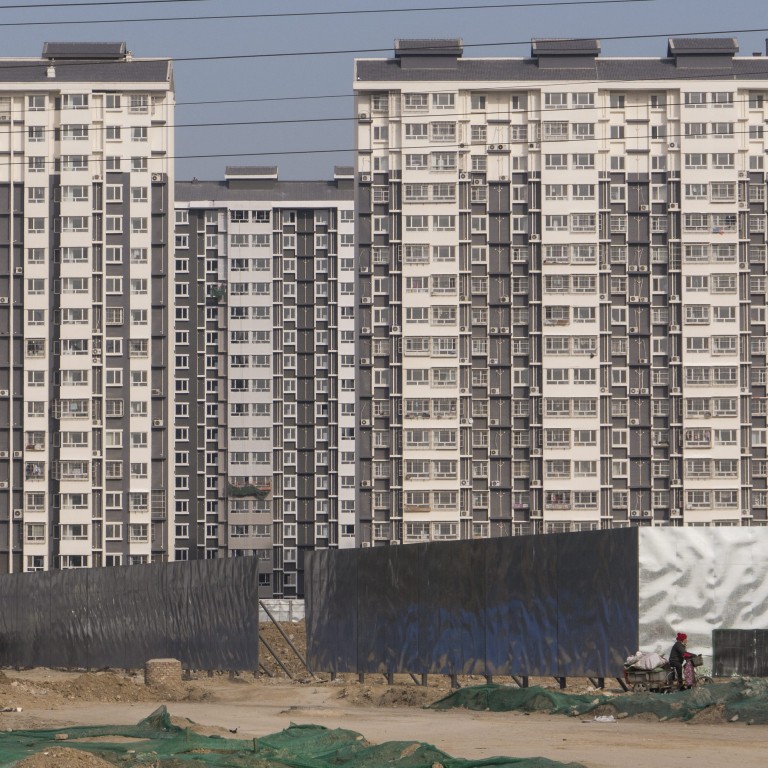
New | China's annual housing inflation accelerated in November despite cooling measures
China’s annual housing inflation accelerated in November despite fresh cooling measures in more than a dozen of cities in recent months, official data showed on Wednesday.
Shanghai, again, led the race among 70 major cities tracked by the National Bureau of Statistics with an annual rise of 21.9 per cent in November, followed by an increase of 21.1 per cent in Beijing, 21.0 per cent in Shenzhen and 20.9 per cent in Guangzhou.
That marked a pickup from October’s annual increase of 21.4 per cent in Shanghai, 21.2 per cent in Beijing, 20.7 per cent in Guangzhou and 20.6 per cent in Shenzhen.
A total of 26 cities posted an annual housing inflation of 10 per cent or higher last month, up from 21 cities in October.
But the statistics agency played down the risks, reiterating that the pace of acceleration has eased in year-on-year terms, while the month-on-month increase in home prices has slowed.
Without giving the actual figures, it said the average annual housing inflation in 70 cities was 0.2 percentage points higher in November than in October, slowing from October’s rise of 0.2 percentage points and September’s increase of 0.9 percentage points.
“This is mainly due to increased efforts by some cities to control the property market, which has driven down the month-on-month increase in home prices in recent months,” NBS senior statistician Liu Jianwei said.
The NBS said in month-on-month terms, the average home price in the 70 cities rose 0.6 per cent in November, down from 0.7 per cent in October. The pace in the four tier-1 cities remained above the average, with home prices rising 0.7 per cent in Beijing and Shanghai, 0.9 per cent in Shenzhen and 0.8 per cent in Guangzhou.
“This is mainly because cities with soaring prices have intensified their property tightening efforts, by raising the transaction cost of second homes and increasing the supply of affordable homes,” Liu said.
“The decision by a State Council meeting to consolidate the duties [between different government departments] of registering immovable property and set up a unified registration system of immovable property also helped to stabilise market expectations and cool transactions,” Liu added.
Cities including Beijing, Shanghai, Guangzhou and Shenzhen announced a slew of new measures in the past three months to check soaring home prices. They raised deposit requirements, tightened scrutiny on non-local buyers and rejected pre-sales of high-priced projects, intensifying a nationwide campaign that has been going on for four years to take some heat off the mainland’s real estate market.

